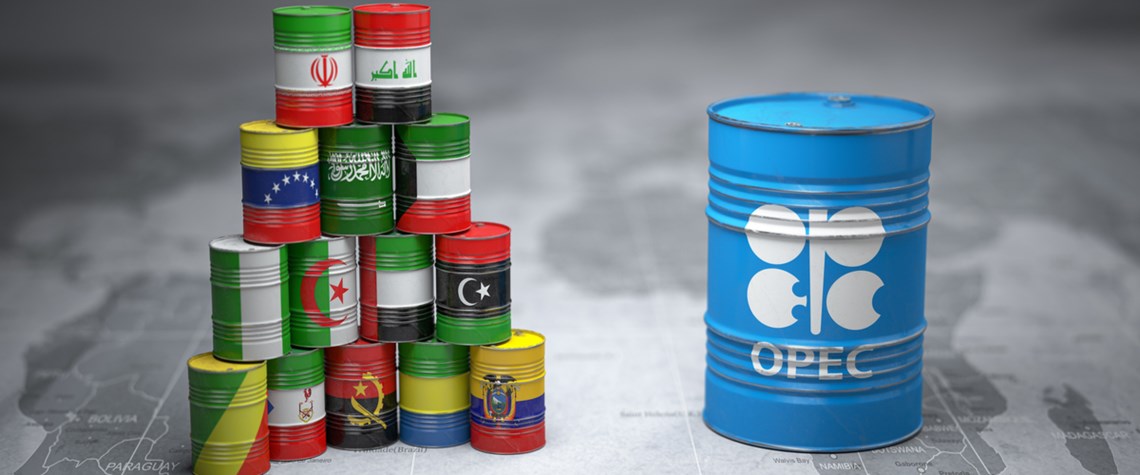Letter from the Middle East: The UAE and Opec—a problem postponed, not solved
Abu Dhabi may have fallen into line for now, but tensions could re-emerge next month
The solution reached by Opec+ in early December may have calmed oil markets’ fears over lack of unity in the alliance’s appetite for retaining production curbs until the end of the year. But month-by-month revisiting of output limits opens the prospect for tensions to emerge with each negotiation. And the potentially growing impatience of the UAE to remake its quota, to allow it to produce more, could thus emerge not as an issue bubbling in the background, but as an open and prolonged battle. The UAE, represented effectively by Abu Dhabi, has traditionally been a strong supporter of Opec, despite not having been a founder member. It usually closely coordinates its policy with Mid-East Gul

Also in this section
17 February 2026
The 25th WPC Energy Congress, taking place in Riyadh, Saudi Arabia from 26–30 April 2026, will bring together leaders from the political, industrial, financial and technology sectors under the unifying theme “Pathways to an Energy Future for All”
17 February 2026
Siemens Energy has been active in the Kingdom for nearly a century, evolving over that time from a project-based foreign supplier to a locally operating multi-national company with its own domestic supply chain and workforce
17 February 2026
Eni’s chief operating officer for global natural resources, Guido Brusco, takes stock of the company’s key achievements over the past year, and what differentiates its strategy from those of its peers in the LNG sector and beyond
16 February 2026
As the third wave of global LNG arrives, Wood Mackenzie’s director for Europe gas and LNG, Tom Marzec-Manser, discusses with Petroleum Economist the outlook for Europe’s gas market in 2026







